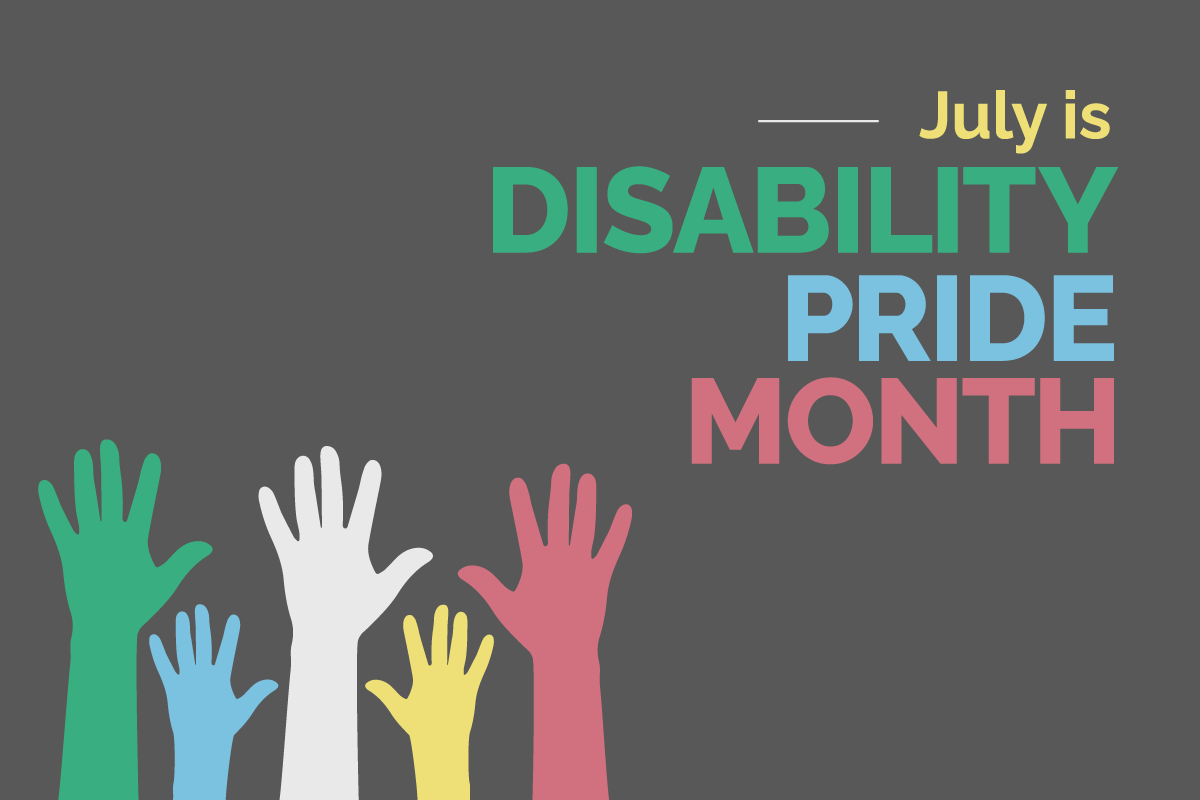How can local educational agencies better serve their students with disabilities? Bellflower Unified School District trustee Sue ElHessen, a long-time disability rights advocate, says some ways that question can be addressed is through education on the Americans with Disabilities Act (ADA), empowering students by teaching them life skills and creating on-site disability advocacy groups for parents and students.
In 2021–22, 15 percent, or 7.3 million, public school students ages 3-21 received special education and/or related services under the Individuals with Disabilities Education Act (IDEA), according to the National Center for Education Statistics. In California, 13 percent of the state’s nearly 6 million public school students received these services.
ElHessen’s own experiences as a person who is post-polio are part of what led to her passionate career in public service and advocacy work. As a student, her family had to navigate the special education system, she recalled, and due to her parents’ advocacy, she was able to spend a great deal of time mainstreaming — an inclusion practice where students with disabilities spend time in general education classrooms.
With a doctorate in education from the University of Southern California, ElHessen knew she wanted to apply her knowledge to support the development of “a new paradigm for supporting students with disabilities in academia.”
“To me, it’s not only personal, it is about being able to make sure our students know that they don’t have to be treated as less than,” ElHessen said.
During her initial term on the school board from 2013–18, she started a bridge program to support students with disabilities in earning college credit through dual enrollment at Cerritos College. To increase accessibility, college staff taught students at a district site. However, the pilot program ended following ElHessen’s departure in 2018, she said. Now back on the board, she expressed her interest in re-establishing the program.
As someone who has worked in various roles in higher education, ElHessen became aware of a lack of preparation or transition programs for students with disabilities from K-12 to college or trade programs. In addition to creating those pathways, teaching life skills via lessons on opening a bank account or understanding credit would be helpful before students leave high school. Perhaps most importantly, teaching young people to advocate for themselves and know their rights under ADA is a priority, ElHessen said.
K-12 supports
ElHessen’s goal is securing equal access for students with disabilities. For example, establishing more chances for them to engage in the programs and activities that their able-bodied peers have as options.
LEAs can promote equity and inclusion by ensuring access to virtual communication methods offered during the pandemic stay intact to allow for participation in meetings and events by all and by founding disability advocacy groups for parents and students to make their voices heard.
Additionally, Unified sports and academics and similar offerings help all students become more well-rounded as they build comradery and leadership skills, ElHessen said.
Earlier this year, ElHessen began her second term on the California Commission on Disability Access where she chairs the Education and Outreach Committee. Though the organization focuses on business entities, several parents have reached out to ElHessen to share how their school boards aren’t accessible to them or their children.
Even in ElHessen’s home district, she says the board room lacks things like automatic door openers (which are in the works) or an accessible podium for public comment.
For reasons like these, she is a proponent of having more board members and administrators receive disability awareness training on ADA. She intends to meet with legislators to push for ADA training to become the norm. She recently arranged for a scroll to be presented to her board in recognition of the ADA’s 33rd anniversary in July, which is Disability Pride Month.
Resources
ElHessen, who is also a board member for California Advancing Pathways for Students, suggested the following resources:
- Center for Parent Information and Resources
- Disability Discrimination FAQ (U.S. Department of Education)
- Americans with Disabilities Act Title III Regulations (U.S. Department of Justice Civil Rights Division)
ADA is touched on in numerous CSBA sample policies, including:
- Board Policy 0410 – Nondiscrimination In District Programs And Activities
- Board Policy 4030 – Nondiscrimination In Employment
- Administrative Regulation 4032 – Reasonable Accommodation
- Board Bylaw 9320: Meetings And Notices
- Board Bylaw 9322: Agenda/Meeting Materials
Specific to board members and board meetings, the two bylaws were recently updated to reflect Government Code 54953, as amended by Assembly Bill 2449 (Ch. 285, Statutes of 2022), which requires boards to maintain and implement a procedure for receiving and swiftly resolving requests for reasonable accommodation for individuals with disabilities, consistent with the ADA, and to resolve any doubt in favor of accessibility.






